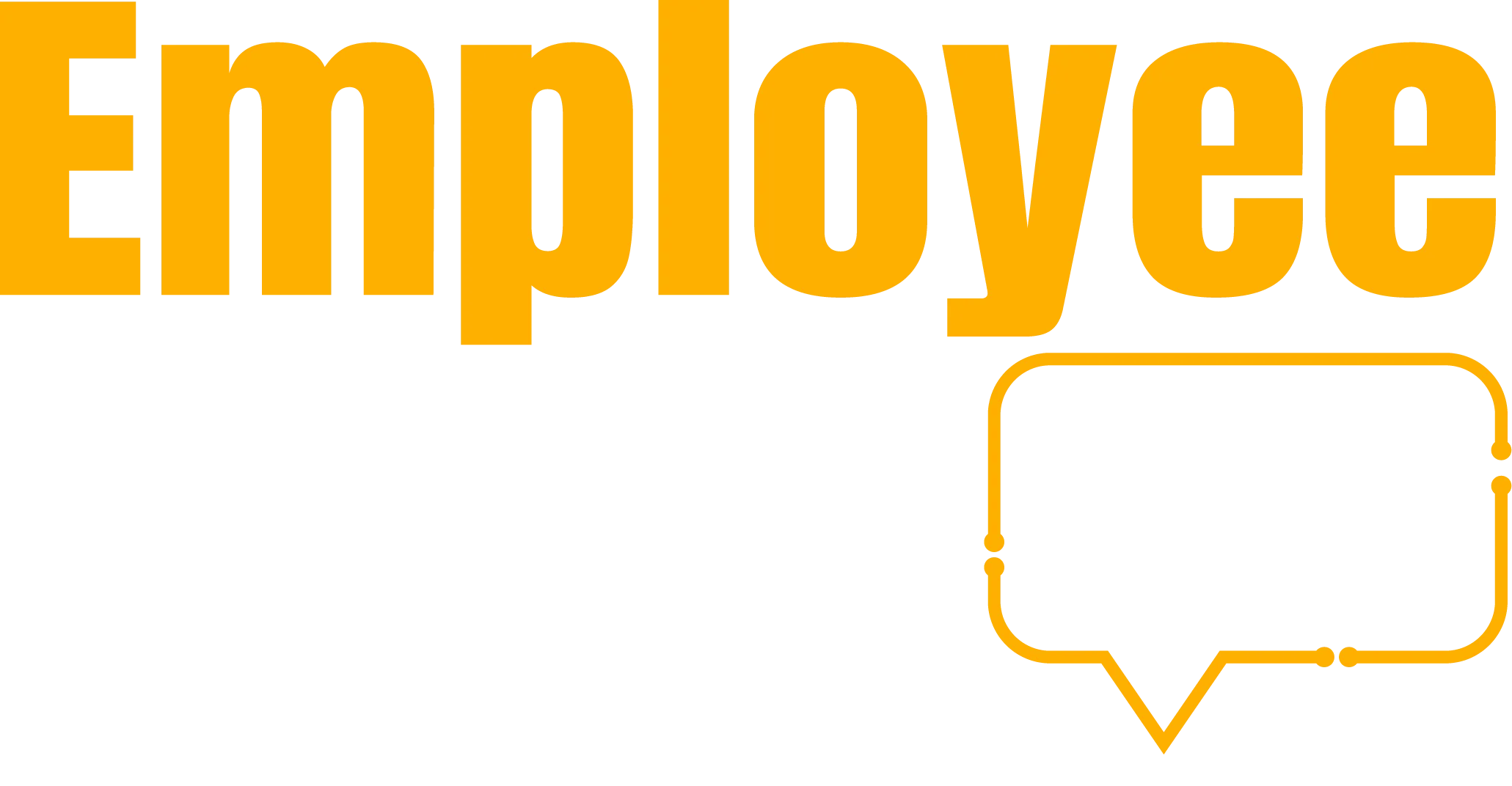What is a key employee or keyman?
A key employee or keyman is someone whose role is so critical to the success and functioning of a business that their sudden absence, due to death, disability, or long-term illness, could significantly disrupt operations or even threaten the survival of the company.
This could be a founder, CEO, chief strategist, lead developer, or top sales executive, any individual whose skills, experience, or decision-making directly influence the company’s revenue, growth, and long-term vision.
Why does this role matter?
In many businesses, especially startups and small to mid-sized companies, there's often a high dependency on one or two people. These individuals might:
- Hold exclusive client relationships
- Possess niche technical expertise
- Drive strategic direction or innovation
- Manage critical functions or departments
What is a keyman insurance policy?
A keyman insurance policy is a type of life insurance that a business purchases to protect itself against the financial risks that come with losing a critical employee. In this arrangement, the company pays the premiums, and if the insured key employee passes away or becomes permanently disabled during the policy term, the company receives the payout.
Unlike regular life insurance, which is designed to benefit an individual's family, a keyman insurance policy is strictly for business purposes. It’s intended to provide financial support to the organization so it can manage disruptions caused by the unexpected loss of someone essential to its operations.
Keyman insurance policy meaning at a glance
- Purchased by the business: The company takes out the policy, not the employee.
- Covers death or disability: The insured event must be the death or permanent disability of a key employee.
- Ensures financial stability: The payout can be used to cover revenue loss, loan repayment, and hiring/training costs for a replacement.
- Tax-deductible premiums: Under Section 37(1) of the Income Tax Act, premiums may be claimed as a business expense (if the company is both proposer and beneficiary).
- Taxable proceeds: Insurance payouts received by the company are treated as business income under Section 28(vi) of the Income Tax Act, and not exempt under Section 10(10D).
Why companies opt for keyman insurance
In any business, certain individuals play an outsized role in driving revenue, innovation, or operations. If something were to happen to them unexpectedly, like death or permanent disability, the company could face serious consequences: lost clients, delayed projects, or even a dip in investor confidence.
That’s exactly why many companies invest in a Keyman Insurance Policy, a financial safety net designed to protect the business, not the employee.
How it works:
A keyman insurance policy is structured as follows:
- The company purchases the policy and pays the premiums.
- The company is the policyholder and beneficiary.
- The key employee is the life assured, meaning the policy covers them.
If the key employee passes away or becomes permanently disabled, the insurance sum is paid out to the company, not to the employee’s family. This amount can be used to:
- Cover any immediate loss of revenue or profits.
- Recruit and train a suitable replacement.
- Reassure stakeholders and investors of financial stability.
- Sustain daily operations during the transition.
Additional features
Keyman insurance policies often include a "first-to-die" option, which allows companies to cover multiple key employees under a single policy. This is more cost-effective compared to purchasing individual life insurance policies for each executive.
The premium paid can usually be claimed as a business expense under Section 37(1) of the Income Tax Act, provided the company is both proposer and beneficiary. However, the payout received is taxable as business income under Section 28(vi), and does not fall under tax-exempt proceeds defined by Section 10(10D).
How does keyman insurance help?
| Business risk |
How insurance helps |
| Sudden death of a key person |
Provides immediate liquidity to stay afloat |
| Loss of business continuity |
Helps fund temporary leadership or project gaps |
| Drop in client or investor confidence |
Shows preparedness, restores credibility |
| Cost of hiring/training replacements |
Supports recruitment and onboarding expenses |
How does keyman insurance work?
Keyman insurance is a straightforward yet powerful business safeguard. It’s designed to protect a company from the financial setbacks that may follow if a crucial team member suddenly passes away or becomes permanently disabled.
Here’s how it works, step by step:
- Policy purchase: The business identifies a key employee, typically a founder, CXO, top-performing sales head, or a technical expert, and purchases a life or disability insurance policy on their behalf.
- Premium payments: The company pays the premiums, treating it as a business expense in most cases.
- Ownership & beneficiary: The company is both the policy owner and the beneficiary, not the employee or their family.
- Trigger event: If the key person dies or becomes permanently disabled during the term of the policy, the insurer pays out a lump sum to the company.
- Utilization of funds: This payout can help the business in several ways:
- Offset loss of revenue or operational disruption
- Recruit and train a replacement
- Repay outstanding loans tied to the employee
- Sustain investor or stakeholder confidence
Note: The keyman insurance policy does not cover situations like resignation, voluntary retirement, or job change. It only activates in the event of death or permanent disability.
What does a keyman insurance policy cover?
A keyman insurance policy is a safety net designed to protect a business when a critical team member is suddenly no longer able to contribute due to death or permanent disability. It ensures the company has financial support during a potentially destabilizing period.
Coverage provided by keyman insurance
- Death benefit: If the insured key employee passes away during the policy term, the company receives a lump-sum payout. This money can be used to manage cash flow, replace the lost employee, or handle short-term disruptions.
- Permanent disability benefit (if included in the plan): In case the key employee becomes permanently disabled and can no longer perform their role, the policy provides a payout to cover the business impact.
What’s not covered?
- The employee resigns, retires, or joins another company.
- The employee faces temporary health issues or short-term leave.
- There is fraud, misrepresentation, or non-disclosure during policy issuance.
What does keyman insurance compensate?
- Loss of revenue: The absence of a key individual can lead to paused or lost business, especially if they were critical to sales, partnerships, or client relations. The payout helps the company offset this temporary dip in income.
- Emergency hiring and training costs: Finding and onboarding a qualified replacement can be costly and time-consuming. The insurance funds ease this burden and allow the company to make thoughtful hiring decisions.
- Reputation management: Clients, investors, or stakeholders may lose confidence when a key leader exits unexpectedly. The payout can be used for communication efforts, public relations, or other activities to reassure stakeholders.
- Loan repayment support: If the key person was essential to business loans or financial credibility, their absence could lead to delays or penalties. The insurance amount helps ensure continuity in repayments.
- Cash flow buffer: During periods of operational uncertainty, the policy acts as a financial cushion. It supports routine expenses, like payroll and overheads, while the company regroups.
- Strategic breathing space: Ultimately, keyman insurance buys the company valuable time to assess the situation, restructure, and move forward without making rushed or reactive decisions.
Is keyman insurance necessary for every business?
If your business depends on a small set of people for strategic direction, revenue generation, or investor trust, yes, a keyman insurance policy is essential. A keyman insurance policy becomes important when:
- Strategic decisions rely on one or two individuals: If your founder, CXO, or senior manager drives major decisions, their sudden absence can stall operations.
- Revenue is closely tied to specific people: Sales heads, lead developers, or client relationship managers often hold direct influence over income streams.
- Investor or lender confidence depends on certain leaders: In startups and private firms, external stakeholders usually trust the people as much as the product.
What is the ROI of a keyman insurance policy?
While you may not get a monetary return unless the policy is triggered, the real ROI lies in risk mitigation and business continuity:
- Payouts protect your valuation in times of crisis.
- Keeps lenders, investors, and vendors assured.
- Tax deductions lower net business costs.
- Morale boost for the insured individual.
- Ensures your company doesn’t collapse under pressure.
Keyman insurance policy under income tax act
| Tax Component |
Income Tax Rule |
| Premiums Paid |
Deductible as business expense under Section 37(1) |
| Claim Amount |
Taxable as business income under Section 28(vi) |
| Section 10(10D) |
Tax exemption does not apply to keyman insurance payout |
| Assignment to Employee |
If reassigned to employee, maturity benefit is taxable in employee’s hands |
Final thoughts
A keyman insurance policy is about safeguarding your business DNA. Whether you're a startup with a superstar founder, a growing tech company with irreplaceable talent, or an MSME where client relationships rest on a few shoulders, a keyman insurance policy ensures your business doesn’t stop when one person does.
It’s smart, structured, tax-aware, and investor-friendly. If you're planning for your company’s growth, you must also plan for its continuity.








.svg)
.svg)
